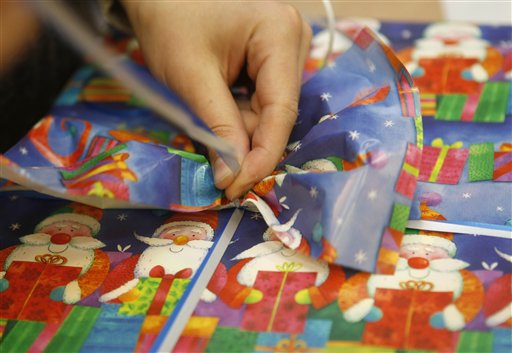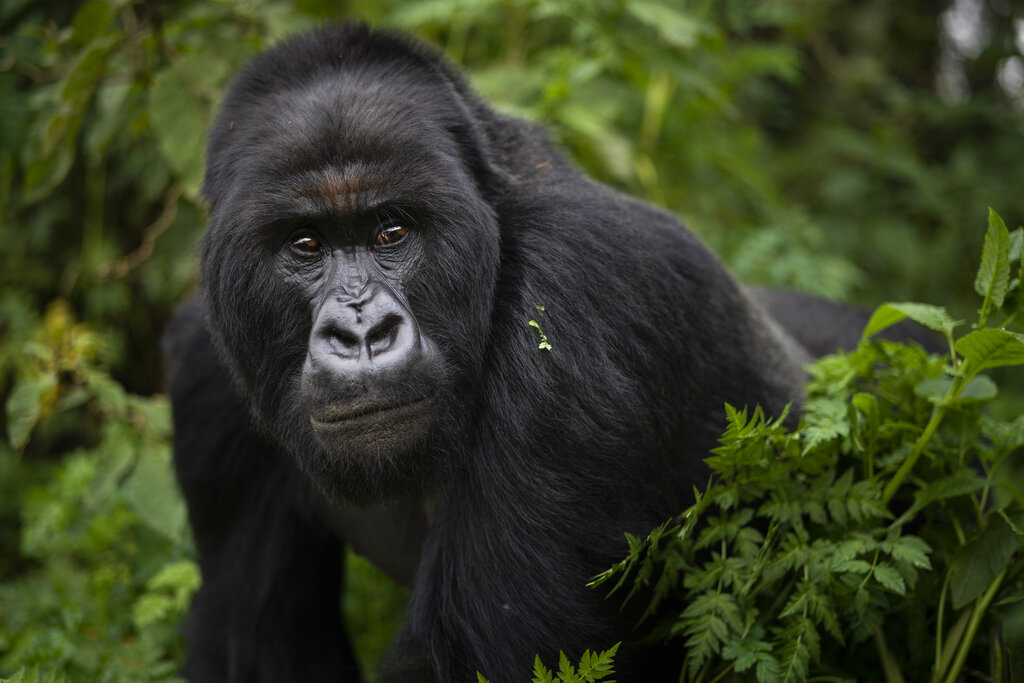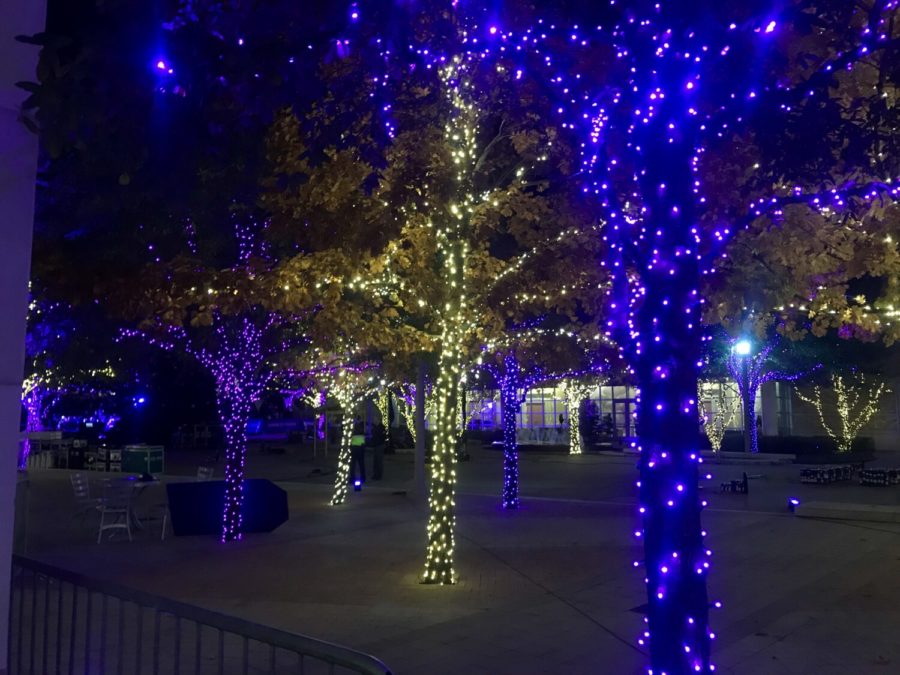This holiday season, environmentalists urge members of the TCU community to make the season green and bright with eco-friendly festivities.
Holiday lights
At TCU, building and decorative lights are powered with LEDs, which are 85% more efficient and last up to 50 times longer than traditional incandescent bulbs.
The LED Christmas lights placed around the university are also more efficient and durable. The lights save TCU money and help reduce electrical consumption, according to TCU Facilities.
When holiday strands start to blink out, local recycling centers or metal recyclers will accept the old strands for repurposing. The lights can also be dropped off at participating Lowe’s and Home Depot locations, and even at the Dallas Zoo.
Shannon College, the supervisor of outreach programs at the Dallas Zoo, said recycling the light strands allows the copper and other minerals within them to be extracted and repurposed.
“There’s a metal recycler that we partner with here at the Dallas Zoo,” College said. “They’ll accept our holiday light strands so we incorporate that into our normal metal waste stream.”
Extracting the copper keeps the strands out of landfills and benefits the environment by reducing habitat destruction from mining.
“There are multiple facilities that will be accepting of holiday lights so you’re likely in close proximity to one near your own home, and you can create a better world for animals in your own neighborhood,” said College.
Gifts and wrapping paper
Many students are unaware that gift wrap or tissue paper with glitter, gloss, metallic coating or plastic is not recyclable. Of the 4.6 million pounds of wrapping paper produced in the U.S. each year, 2.3 million pounds are sent to landfills, according to Earth 911.
For a more sustainable option, students can choose paper that isn’t metallic or textured, or use gift boxes or decorative bags. Gift givers can even “wrap” presents with other gift items, like putting school supplies in a new backpack.
Styrofoam, ribbons, bows and tinsel are also fodder for the landfill. Students can reuse ribbons and bows on presents to cut down on waste.

This season, many people will be ordering presents online to avoid exposure to COVID-19. Buying in bulk not only reduces shipping costs but also helps the environment by decreasing transportation emissions.
For those interested in more creative options, alternative gifts like homemade presents, tickets to an experience or donations made in the person’s name are more personal and avoid adding to the waste stream.
Electronics
Small electronics like laptops and cell phones are made with a mineral called coltan, which is mined in the rainforests of the Democratic Republic of the Congo in Central Africa.
However, the mining causes deforestation that destroys the homes of endangered species, like mountain gorillas and okapi. Only 1,000 mountain gorillas remain in the wild, with just over 450 in the Virunga Mountains in the DRC, according to the World Wildlife Fund.

To protect rainforest wildlife, Dallas Zoo Conservation Engagement Supervisor Melissa Medlen encourages students to e-cycle old phones and laptops to reduce the demand for more coltan mining.
Tech manufacturers will usually take back products like phones, iPads and even handheld video games, while larger appliances are accepted at retailers like Staples and Best Buy.
Several zoos, including the Dallas Zoo, also accept small electronics at their front gates for recycling as part of a nationwide program called Gorillas on the Line.
Last year, the Gorillas on the Line campaign recycled over 12,000 small electronics.
Medlen also asked shoppers to hold the phone on buying new tech unless they have to upgrade.
Keeping sustainability in mind this holiday season
The holidays can be chaotic, but Medlen and College said a little planning goes a long way toward protecting the planet.
Medlen’s biggest recommendation was “Reduce, reuse, recycle, in that order.”
Many people do well at recycling, but avoiding single-use plastic packaging and thinking about how to make family traditions more sustainable can ensure a more eco-friendly season.







